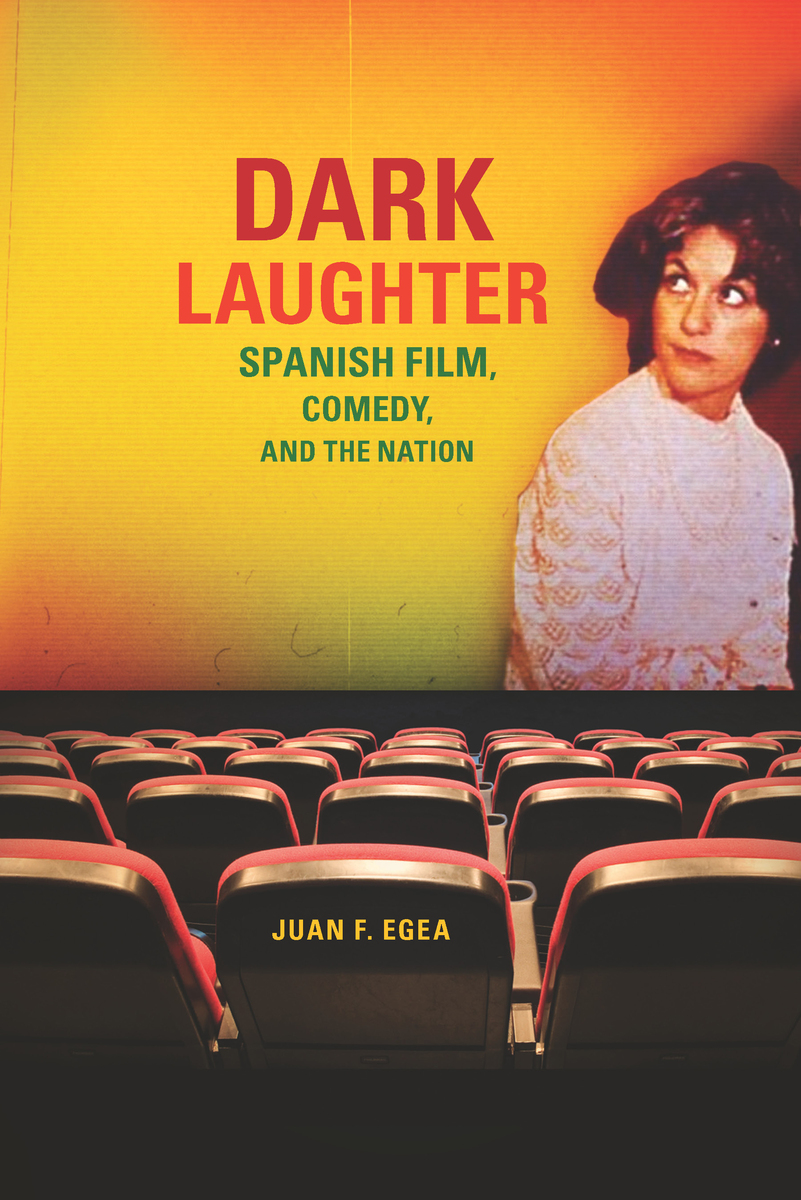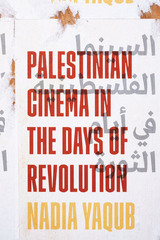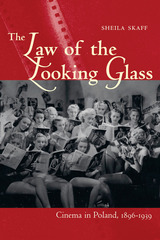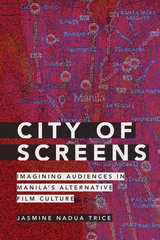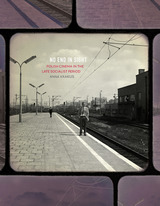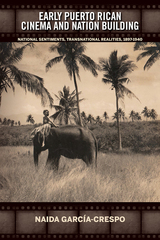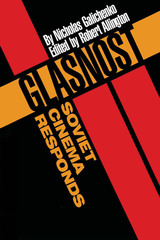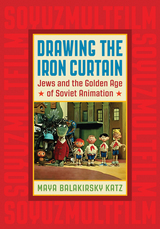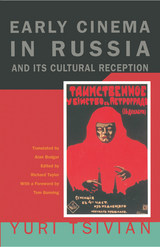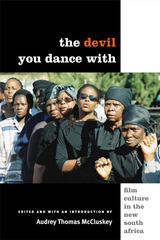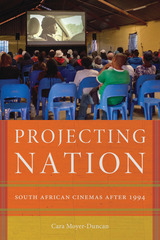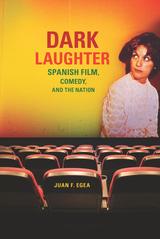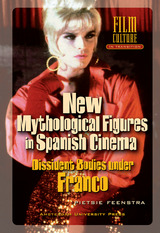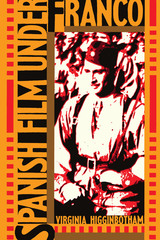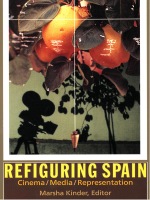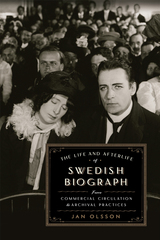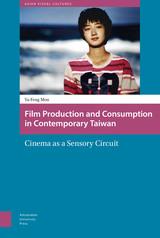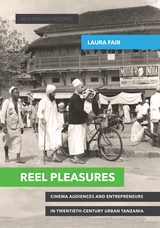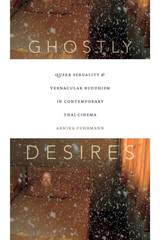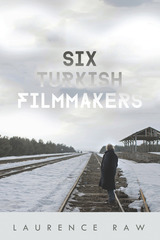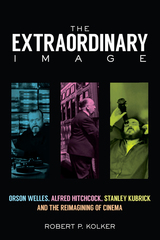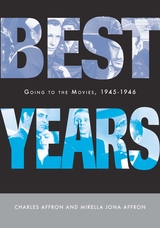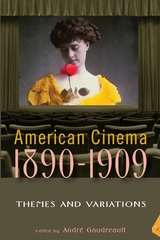Dark Laughter: Spanish Film, Comedy, and the Nation
University of Wisconsin Press, 2013
eISBN: 978-0-299-29543-1 | Paper: 978-0-299-29544-8
Library of Congress Classification PN1993.5.S7E34 2013
Dewey Decimal Classification 791.430946
eISBN: 978-0-299-29543-1 | Paper: 978-0-299-29544-8
Library of Congress Classification PN1993.5.S7E34 2013
Dewey Decimal Classification 791.430946
ABOUT THIS BOOK | AUTHOR BIOGRAPHY | REVIEWS | TOC | REQUEST ACCESSIBLE FILE
ABOUT THIS BOOK
In Dark Laughter, Juan F. Egea provides a remarkable in-depth analysis of the dark comedy film genre in Spain, as well as a provocative critical engagement with the idea of national cinema, the visual dimension of cultural specificity, and the ethics of dark humor.
Egea begins his analysis with General Franco's dictatorship in the 1960s—a regime that opened the country to new economic forces while maintaining its repressive nature—exploring key works by Luis García Berlanga, Marco Ferreri, Fernando Fernán-Gómez, and Luis Buñuel. Dark Laughter then moves to the first films of Pedro Almodóvar in the early 1980s during the Spanish political transition to democracy before examining Alex de la Iglesia and the new dark comedies of the 1990s. Analyzing this younger generation of filmmakers, Egea traces dark comedy to Spain's displays of ultramodernity such as the Universal Exposition in Seville and the Barcelona Olympic Games.
At its core, Dark Laughter is a substantial inquiry into the epistemology of comedy, the intricacies of visual modernity, and the relationship between cinema and a wider framework of representational practices.
Egea begins his analysis with General Franco's dictatorship in the 1960s—a regime that opened the country to new economic forces while maintaining its repressive nature—exploring key works by Luis García Berlanga, Marco Ferreri, Fernando Fernán-Gómez, and Luis Buñuel. Dark Laughter then moves to the first films of Pedro Almodóvar in the early 1980s during the Spanish political transition to democracy before examining Alex de la Iglesia and the new dark comedies of the 1990s. Analyzing this younger generation of filmmakers, Egea traces dark comedy to Spain's displays of ultramodernity such as the Universal Exposition in Seville and the Barcelona Olympic Games.
At its core, Dark Laughter is a substantial inquiry into the epistemology of comedy, the intricacies of visual modernity, and the relationship between cinema and a wider framework of representational practices.
See other books on: Comedy | Comedy films | Motion pictures, Spanish | Nation | Spanish Film
See other titles from University of Wisconsin Press
